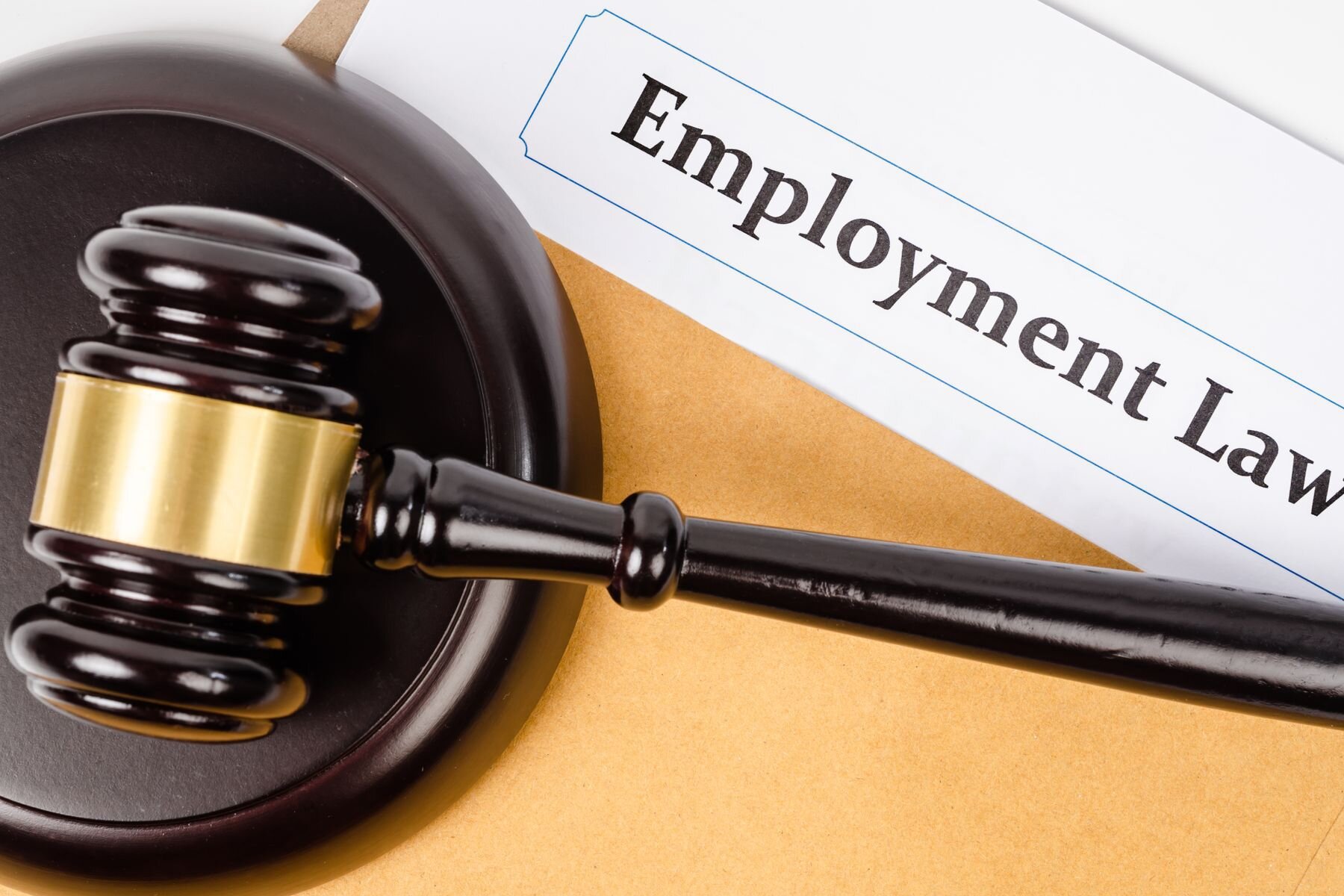Naranjo v. Spectrum Security Services: One of 2021’s Key California Employment Law Cases
/California courts didn’t see a lot of activity in 2020, but that seems to be changing in 2021. The California Supreme Court has several pending cases that could make waves throughout the state, including Naranjo v. Spectrum Security Services.
Naranjo v. Spectrum Security Services: Scheduled to Appear before California Supreme Court in 2021
Case Info: Naranjo v. Spectrum Security Services, S258966. (B256232; 40
Cal.App.5th 444; Los Angeles County Superior Court; BC372146).
In 2021, Naranjo v. Spectrum Security Services is scheduled to appear before the California Supreme Court. The cases present two different issues. Does the violation of Labor Code 226.7 give rise to employment law claims under Labor Code sections 203 and 226 if the employer doesn’t include premium wages in the employee’s wage statements, but the wage statement does include the wages the employee earned for meal breaks? What prejudgment interest rate applies to unpaid premium wages owed due to Section 226.7?
The Plaintiff, Naranjo, Claims Spectrum Security Services Violated California Labor Law:
In Naranjo v. Spectrum Security Services, a class of security guards allege meal break violations and seek premium wages, as well as penalties for waiting times, and inaccurate wage statements, as well as attorney’s fees. When the Court of Appeals considered the case, they found that unpaid premium wages for meal periods violations do not entitle employees to penalties for inaccurate pay stubs or waiting time.
What Question Does the California Supreme Court Need to Decide?
When the case appears before the California Supreme Court in 2021, the court will be expected to resolve a long-standing debate on recoverability of waiting time penalties for meal break and rest period violations.
The California Supreme Court’s Decision on Naranjo v. Spectrum Security Services:
If the California Supreme Court disagrees with the findings of the lower courts, potential penalties for California meal break and rest period violations would increase since violations could be compounded by any alleged pay stub penalties or any waiting time penalties.
If you have questions about California labor law violations or how employment law protects you against labor law violations, please get in touch with Blumenthal Nordrehaug Bhowmik DeBlouw LLP. Experienced employment law attorneys are ready to assist you in any one of various law firm offices located in San Diego, San Francisco, Sacramento, Los Angeles, Riverside, and Chicago.










